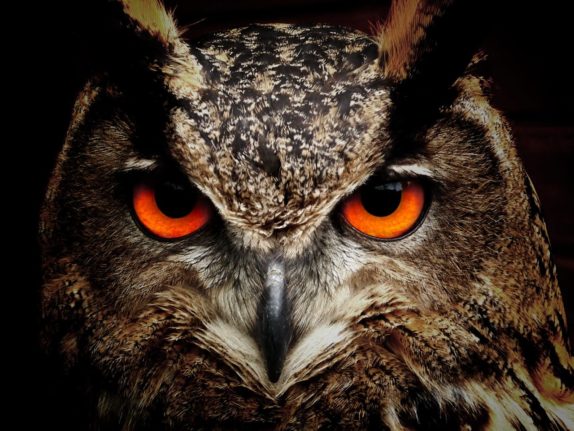Anybody who’s got a relatively firm grasp of Spanish may have noticed many Spaniards — from young children to old people, just love to swear.
Unlike in many other countries, references to toilet habits, male and female genitalia and other taboo subjects pop up in general conversations all the time without anyone giving it a second thought.
What’s all this about people doing their business in "the milk"? And why do "testicles" keep being mentioned?
Swearing in Spain is as common as it is ludicrous, so if you wish to embrace the ever-present potty language or simply want to understand what your Spanish friends are trying to convey, read on!
CLICK HERE FOR THE FUNNIEST RUDE EXPRESSIONS IN SPANISH
Don't miss stories about Spain, join us on Facebook and Twitter.



 Please whitelist us to continue reading.
Please whitelist us to continue reading.
Member comments